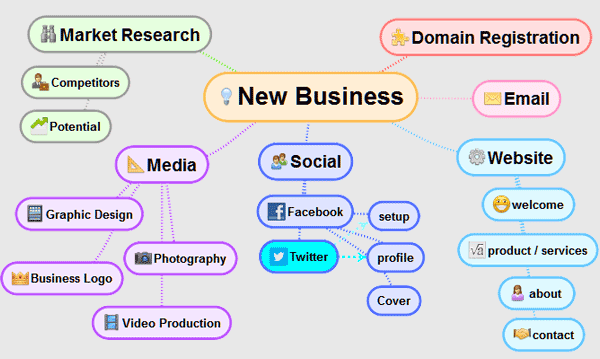Detailed VAT and collected duty accounts have been published prior to being laid before the May sitting of Tynwald.
Isle of Man Customs and Excise (IoMCE) are responsible for collecting VAT and shared duties under the Customs and Excise Agreement with the UK, and non-shared duties that are specific to the Isle of Man.
Information on the duties collected by IoMCE are contained in the Customs and Excise Service Accounts. The accounts for 2017 to 2022 are being laid before this month’s sitting and future accounts will be laid before Tynwald on an annual basis.
The Service Accounts show the amount collected rather than the Isle of Man’s share of VAT and Duties under the Customs and Excise Agreement with the UK. This information can instead be found in the Isle of Man Government’s Audited Accounts and is calculated in accordance with Final Expenditure Revenue Sharing Arrangements (FERSA) based on information submitted in the Household Income and Expenditure Survey.
The revenue generated by these taxes is vital in ensuring sufficient funds are available for healthcare, education, infrastructure and supporting our local economy.
This year’s Budget forecasts VAT revenues of £356 million and an additional £84.7 million in other revenues raised by Custom and Excise, which represents a significant contribution to a total estimated Government revenue of £1.2 billion.
Household Income and Expenditure Survey
The Household Income and Expenditure Survey is a critical piece of government research which will run from April 2023 until March 2024. It is one of the most important surveys after the Census that Statistics Isle of Man undertakes on behalf of Government.
The purpose of the survey is to better understand the income sources and expenditure patterns of different types of households on the Isle of Man. In particular, three of the most important uses are:
- to help determine the amount of VAT revenue the Island receives
- to ensure that inflation statistics are representative of spending on the Island
- to allow Statistics Isle of Man to investigate and estimate the extent of economic inequality and poverty on the Island
For this reason, it is crucial that it attracts a broad and representative cross-section of the Island’s population. Statistics Isle of Man aims to survey a minimum of 1,000 households, and letters inviting households to participate are in the process of being out on a rolling, monthly basis.
All households chosen to participate in the survey will be issued on completion a payment of £20 for one adult member of the household, £10 for each additional adult and £5 for each child. The purposes of this survey, the term ‘adult’ applies to everyone over the age of 16.
Participating households will also be entered into a draw for that month with a prize of £1,000.




